Literary Terms
1/15
Earn XP
Description and Tags
Literary terms are tools that writers use to enhance their writing and convey meaning.
Name | Mastery | Learn | Test | Matching | Spaced | Call with Kai |
|---|
No study sessions yet.
16 Terms
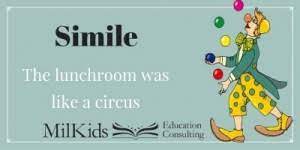
Simile
A figure of speech that compares two unlike things using like or as. For example, “he ran as fast as a cheetah, leaving his competitors in the dust”.
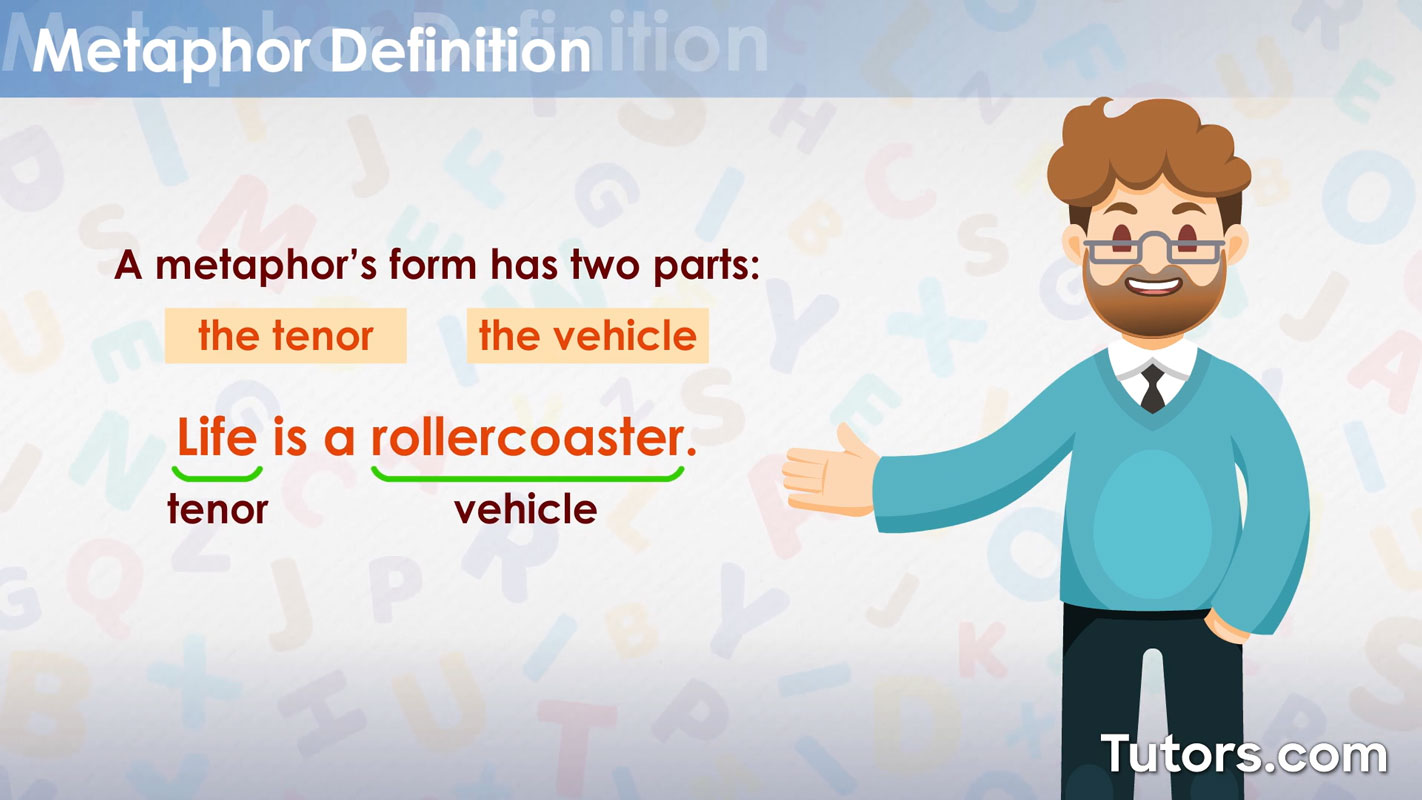
Metaphor
A figure of speech that makes a comparison between two unlike things without using like or as. For example, “time is a thief, stealing the best moments in seconds”.
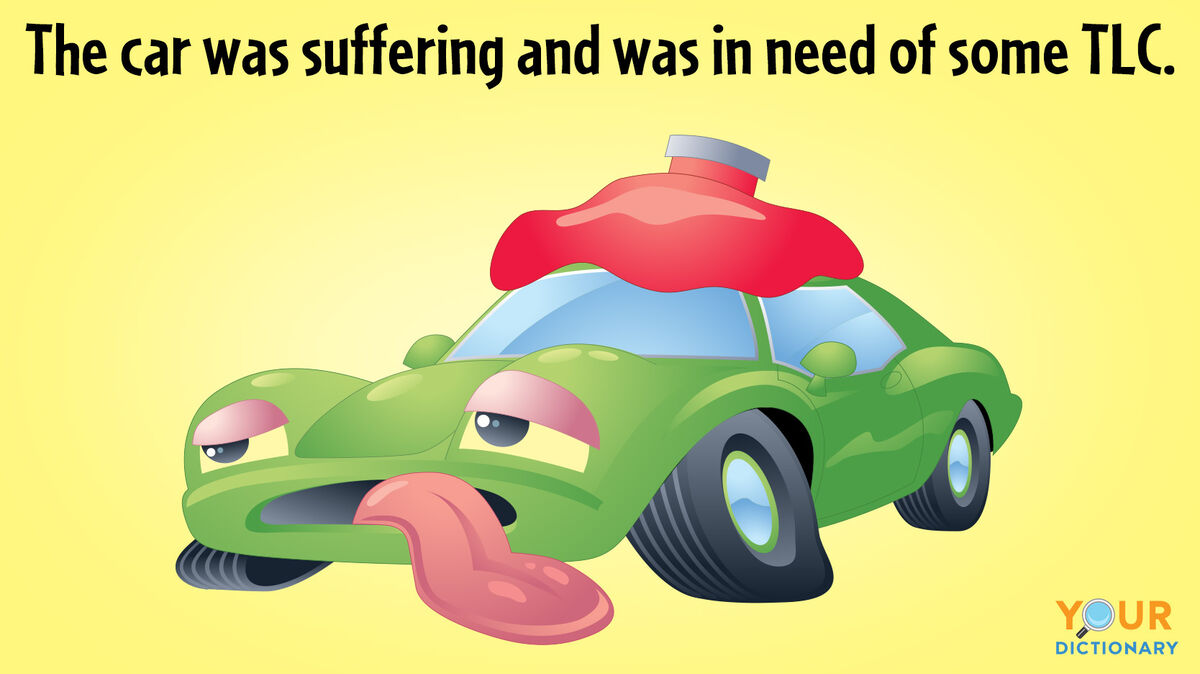
Personification
Giving human characteristics to nonhuman entities, such as animals, objects, or abstract concepts. For example, “love is blind”.
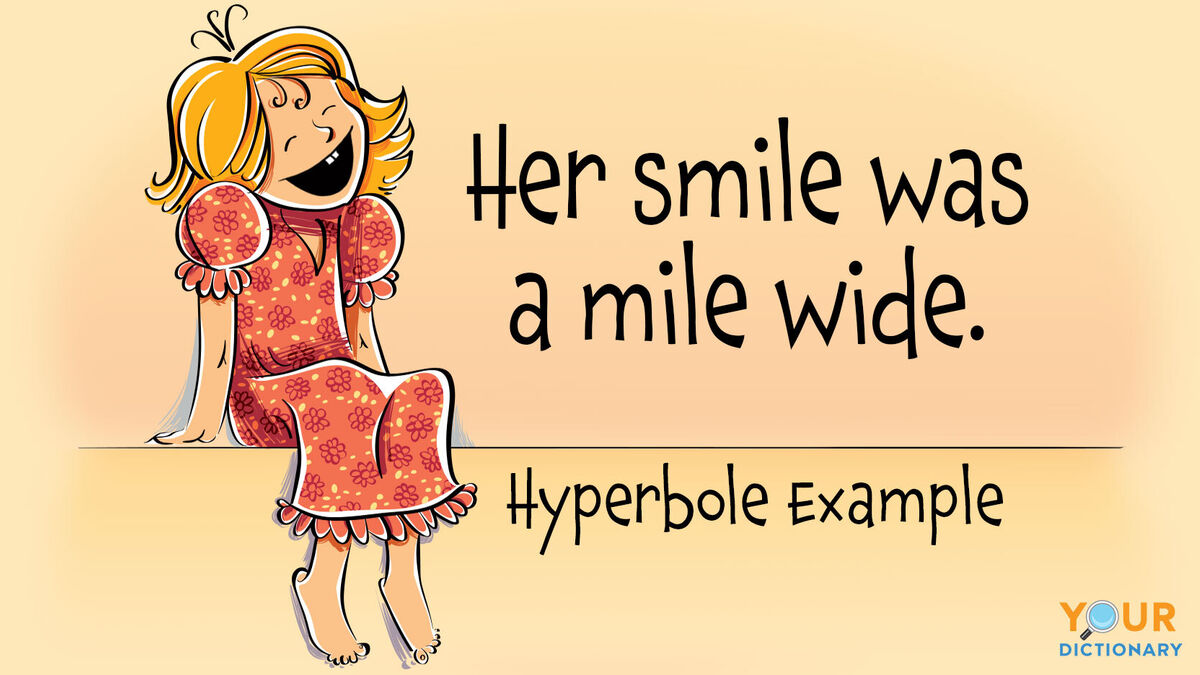
Hyperbole
Exaggerated statements or claims not meant to be taken literally, used for emphasis or effect. For example, “I’m so hungry, I could eat a horse”.
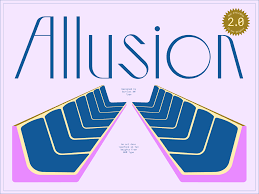
Allusion
A reference to a well-known person, event, place, literary work of art, either directly or indirectly. For example, “his strength was like that of Hercules, able to conquer any challenge”.
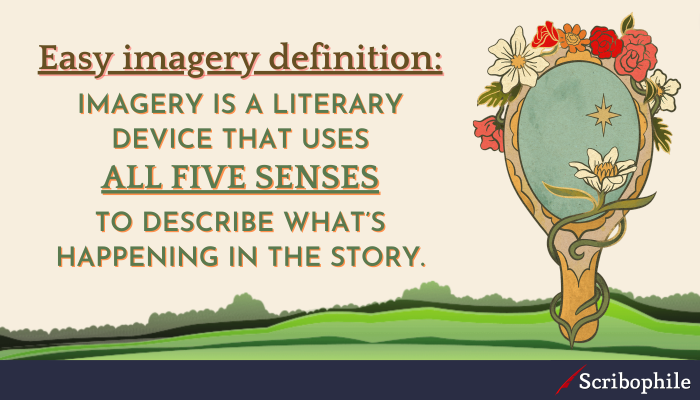
Imagery
The use of descriptive language and sensory details to create vivid mental images, often appealing to the senses of sight, sound, taste, touch, and smell. For example, “the moon cast a silvery glow on the still lake, as if it were a mirror reflecting the night sky”.
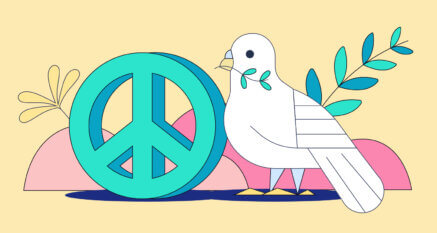
Symbol
The use of symbols, objects, characters, or situations to represent abstract ideas or concepts in literature, art, or everyday life. For example, a dove symbolizes a dove.

Antithesis
A person or thing that is the direct opposite of someone or something else. For example, “love is an ideal thing, marriage is a real thing”.
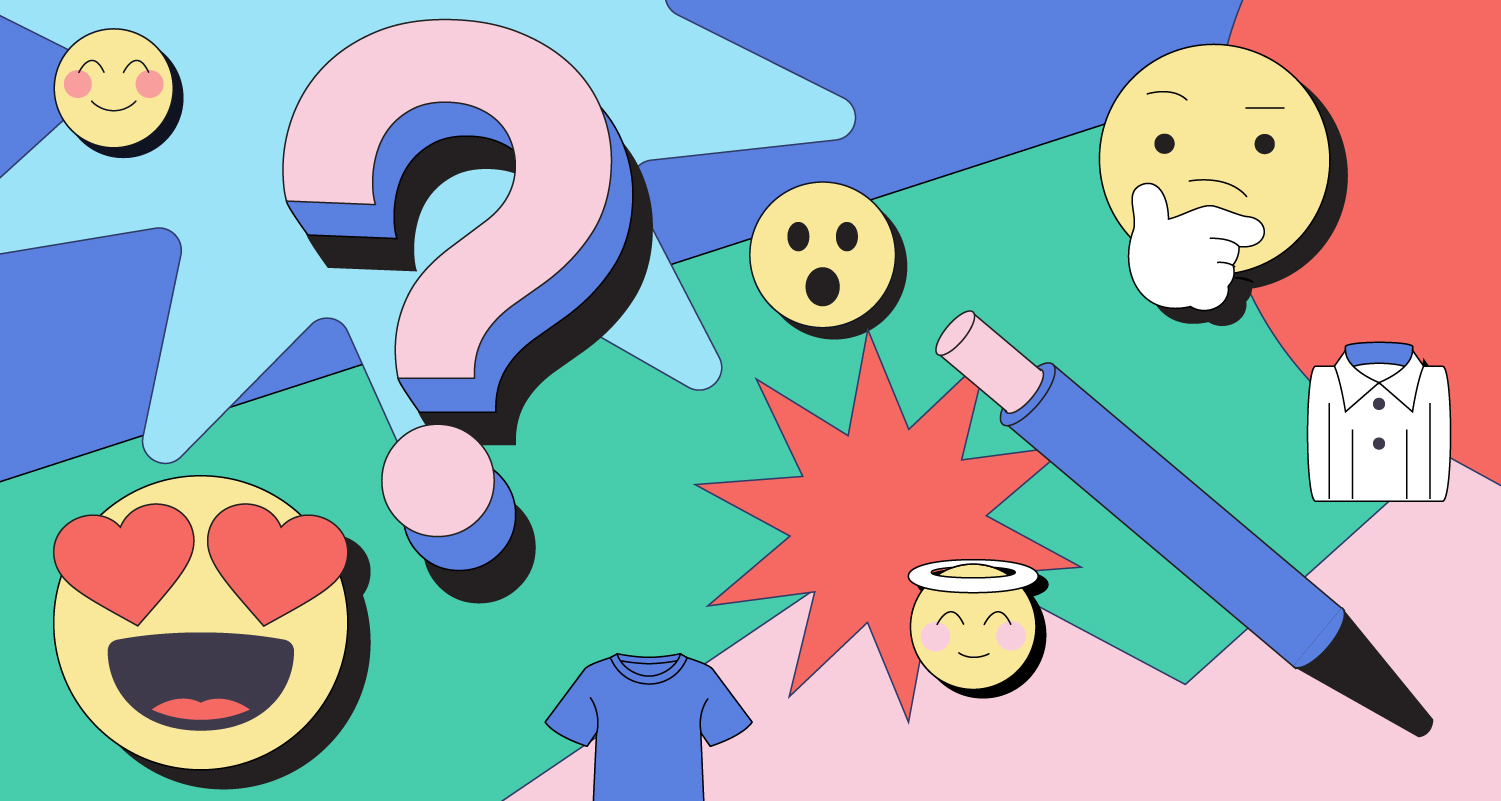
Tone
Refers to the attitude or emotional stance that an author takes towards the subject matter or audience in a literary way. For example, “I’m really sorry too heat that you’re feeling down. Is there anything I can do to help”?
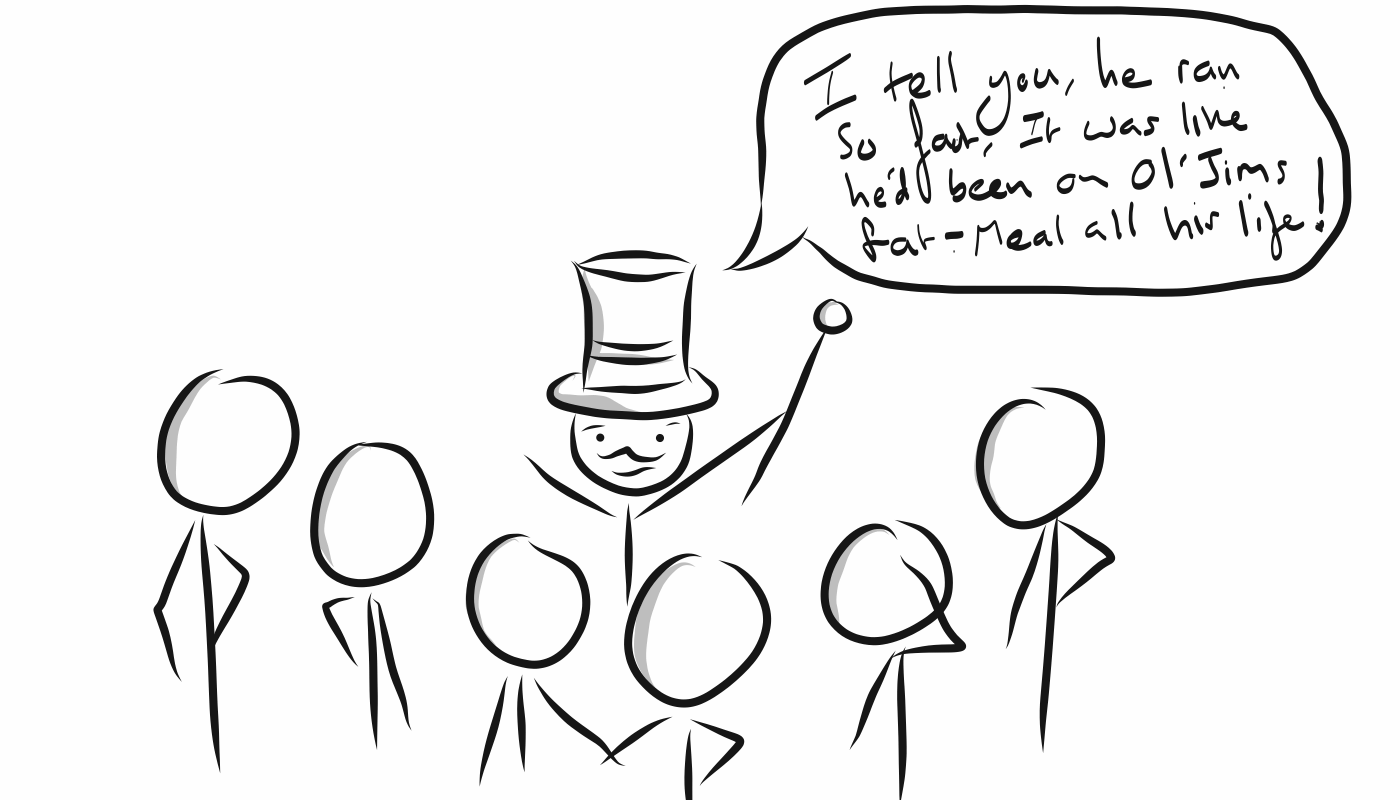
Anecdote
A short amusing or interesting about a real incident or person. For example, “I remember when I used to sit on my dad's lap while he drove around town delivering mail.”
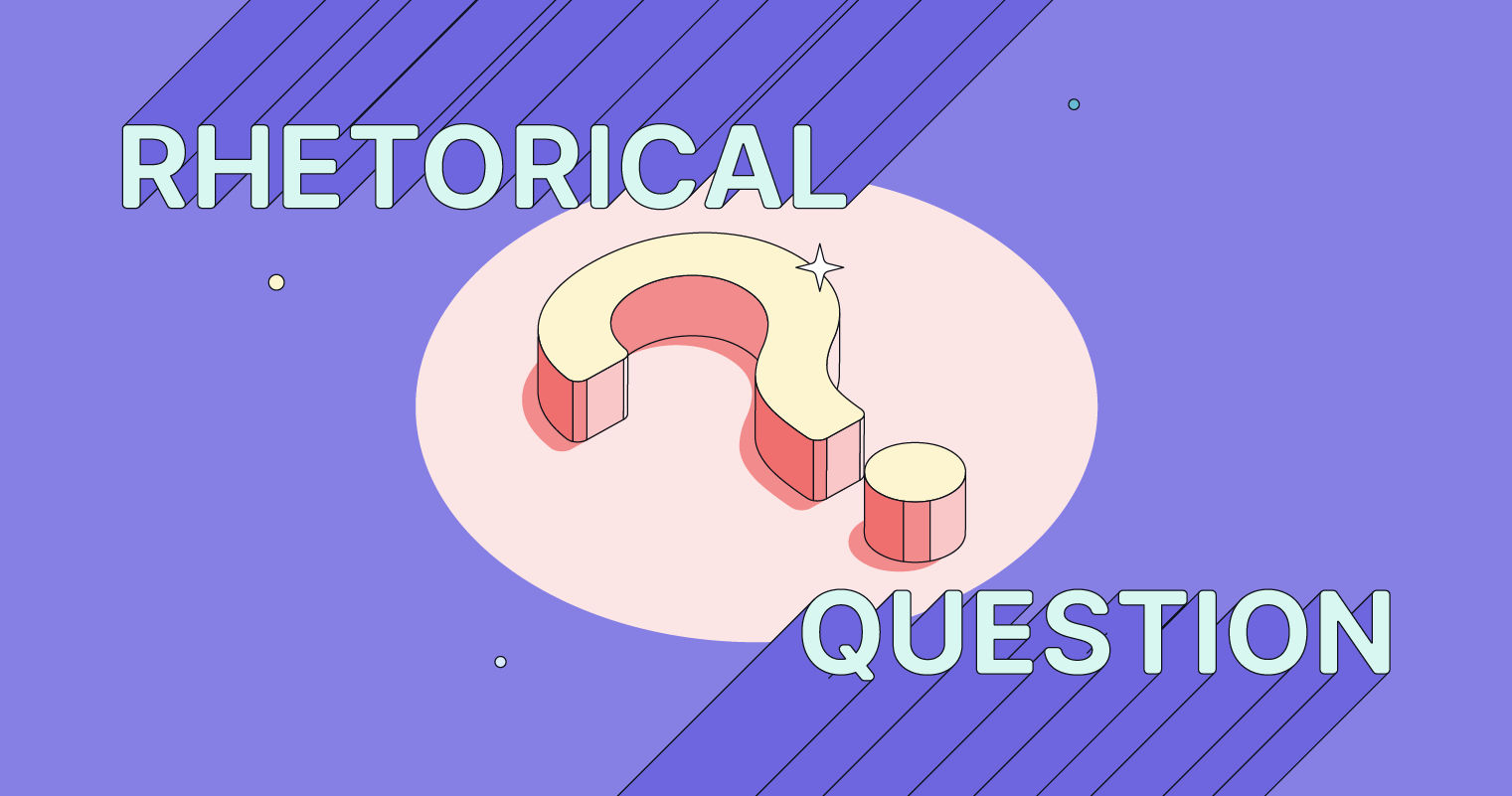
Rhetorical Question
A question, asked in order to make a statement, that does not expect an answer. For example, “Why do these things always happen to me”?
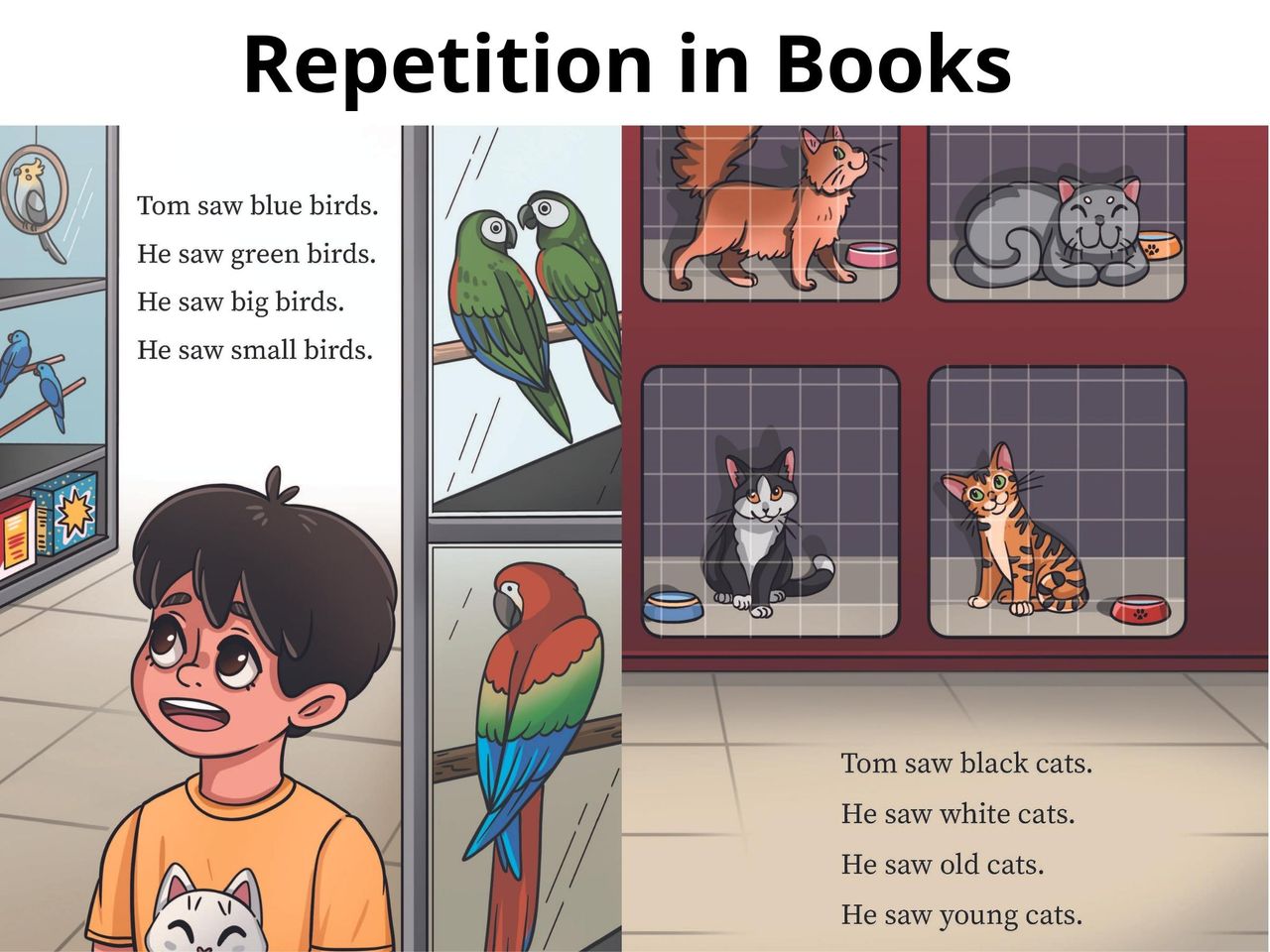
Repetition
Using the same words or phrases over and over again in a piece of writing or speech. For example, saying I feel happy multiple times in a paragraph or sentence.
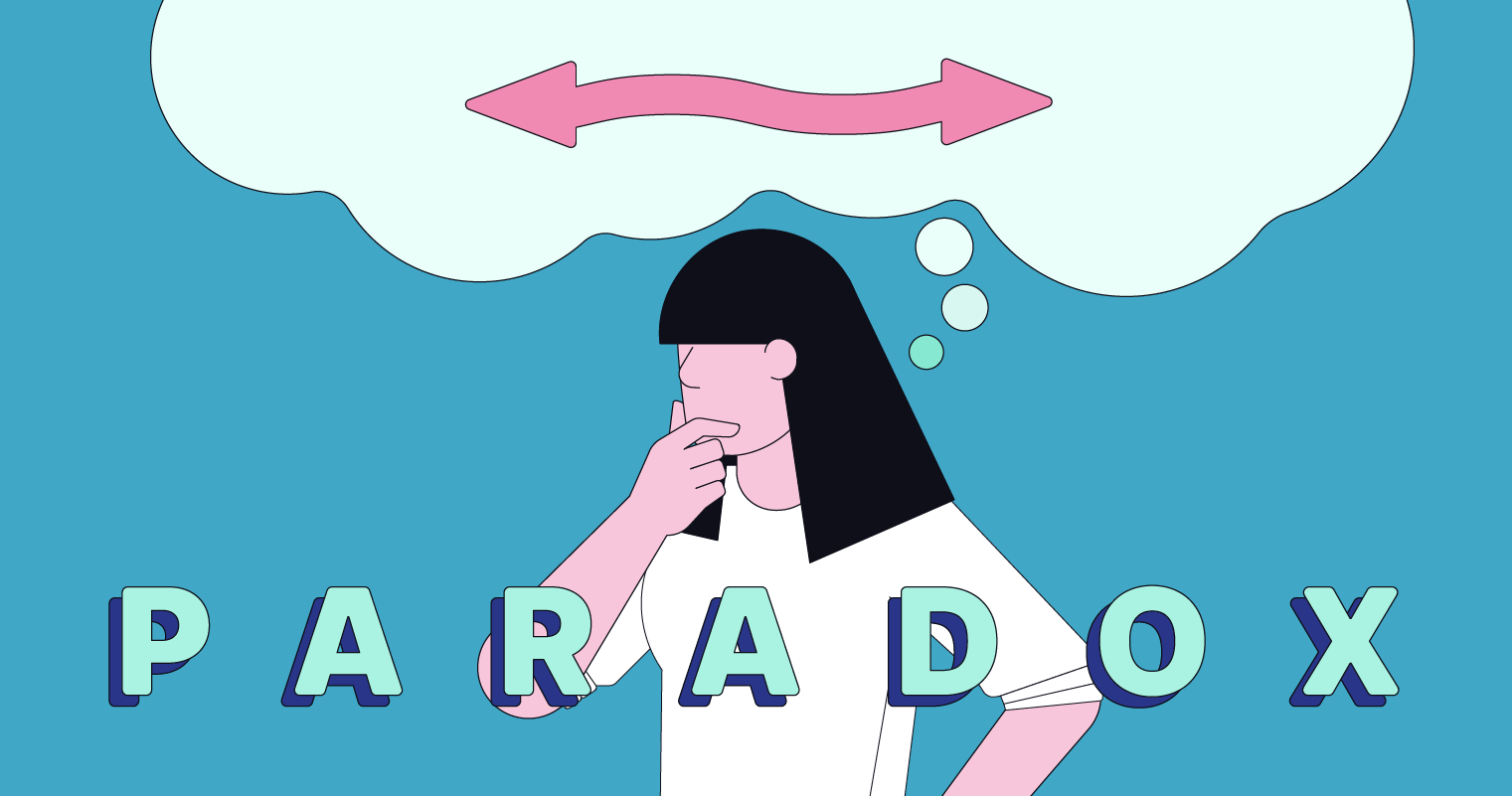
Paradox
It is a literary device that contradicts itself but contains plausible kernel of truth. For example, “I must be cruel, only to be kind”.
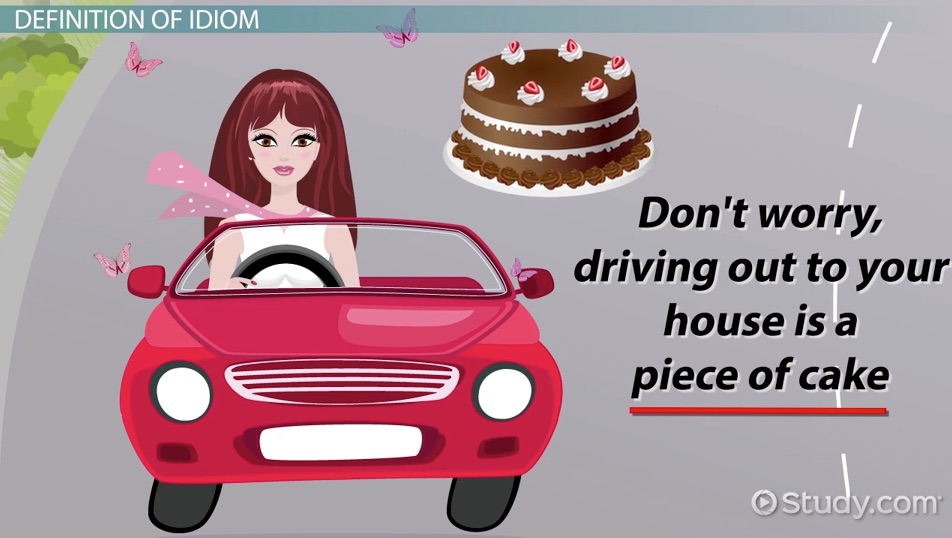
Idiom
Something different than how it really sounds. For example, break a leg.
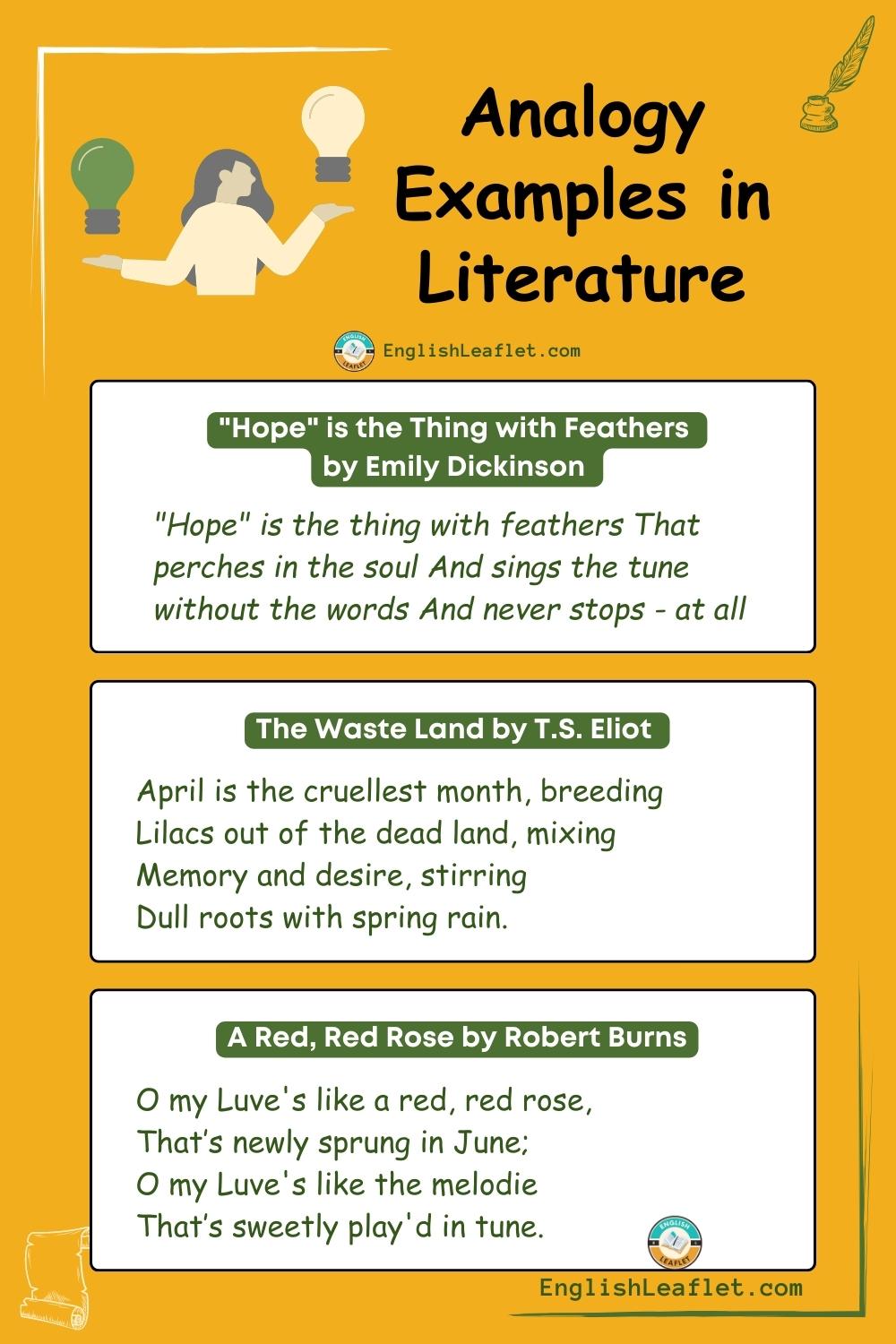
Analogy
A literary device used by an author to create connections between parallel concepts. For example, “Life is like a box of chocolates, you never know what you’re gonna get”.
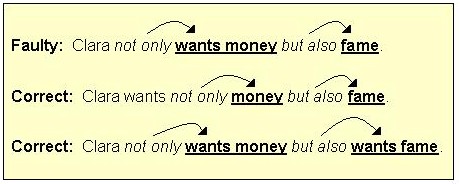
Parallel Structure
Using the same patterns of words to show that two or more ideas have the same level of importance. For example, “I came, I saw, I conquered”.